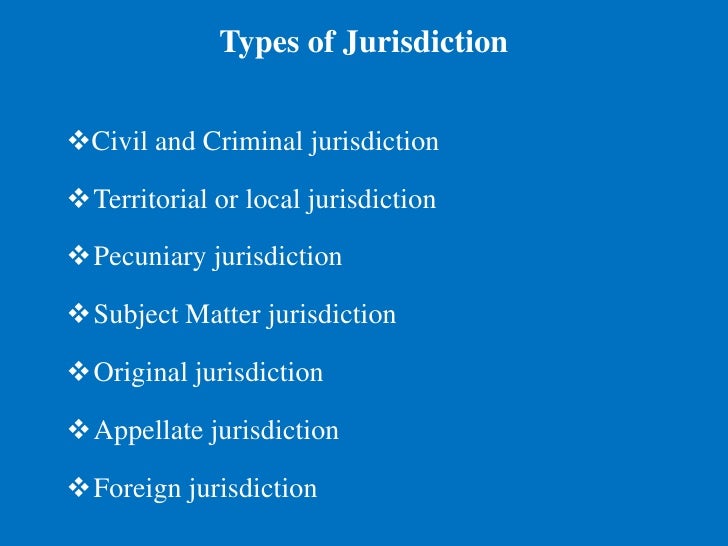 3 Questions. 3 Hints. 3 Answers. Every Tuesday.
3 Questions. 3 Hints. 3 Answers. Every Tuesday.
1. What allegedly “abusive” clause recently got a slap from a French court?
Hint:

Answer: a Paris court has ruled that it has jurisdiction to hear a “free speech” lawsuit against Facebook, despite Facebook’s terms of use which require legal disputes to be subject to California jurisdiction. The court ruled that the impugned jurisdiction clause contravenes parts of both the European Convention for the Protection of Human Rights and Fundamental Freedoms and France’s consumer protection laws. The lawsuit against Facebook was commenced by a French teacher who posted a news link to art with sexual content, currently on display in a museum, on the popular social media site. Facebook, not “liking” the content, suspended the account. The case is scheduled to be heard May 21, 2015. The takeaway: other foreign-based entities with similar dispute resolution provisions, watch out! Read more here.
2. What happens when you say “no” to a placebo?
Hint:

Answer: you get what is called a “nocebo” effect, which means that illness and even death can be triggered by your thoughts. In other words, you are what you think. Interestingly, “it has become clear just how little is needed to spread the nocebo effect. Even just passing gossip and hearsay can prime your mind for illness with potent effect” and be contagious to others! Read the details here.
3. Frozen, the sequel, is already making headlines – where, you ask?
Hint:

Answer: the practice of freezing female eggs is a lucrative business and one that offers some hope and flexibility to women who are not in a position to start a family but whose biological clock is ticking away. No longer living with the burden of wearing an “experimental” label, the procedure is gaining momentum. However, the chances of success are still low. According to the American Society of Reproductive Medicine, “egg freezing is no guarantee of pregnancy. The chance one frozen egg will yield a baby, even in younger women, is between 2 percent and 12 percent.” The peak time to freeze? Between the ages of 30 and 38, according to one expert. Given the less than optimal success rate and with service costs between $7,000 and $30,000, plus annual storage fees, it’s a long shot for many women. Read the story here.















